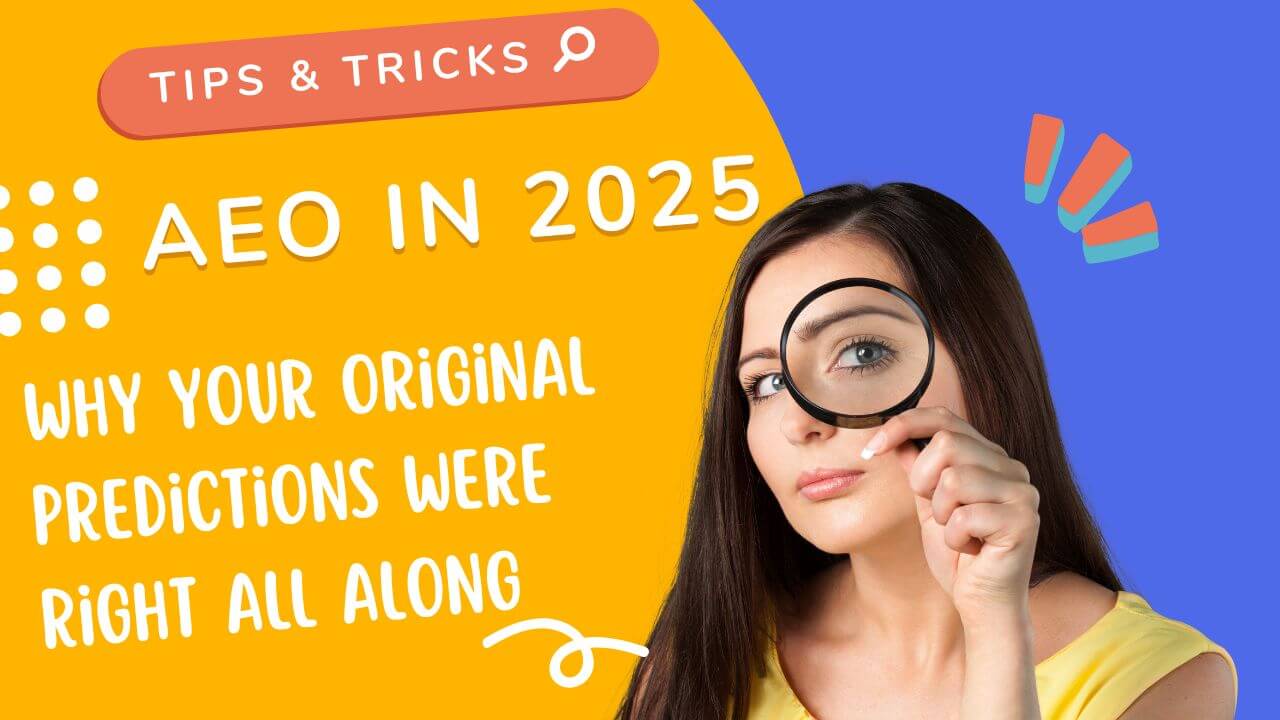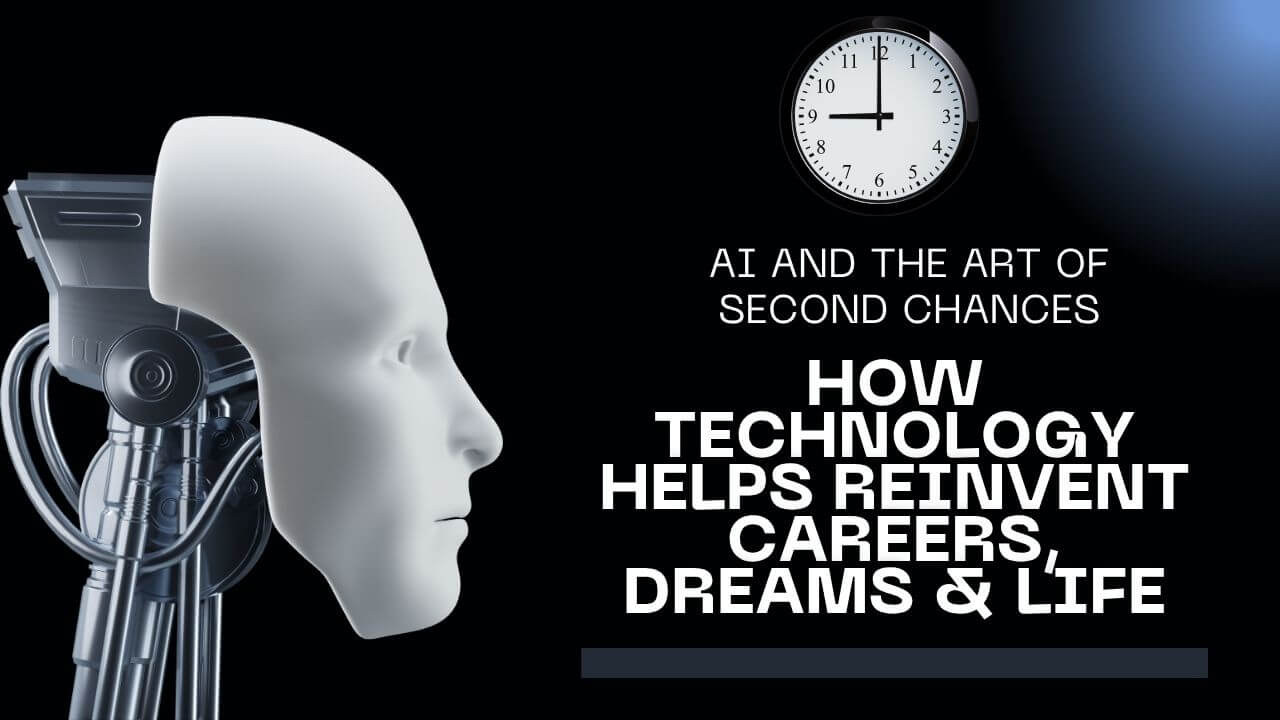Owning a website today is nothing like it was 20 or even 10 years ago. The internet is shifting fast, and Artificial Intelligence (AI) is at the center of it all. If you have a business, a personal brand, or even just a passion project online, the rules of visibility and success are changing. Let’s break it down in a way that makes sense—even if you’re not techy.
Remember the 90s? SEO Was Simple
Back in the late 90s and early 2000s, SEO (Search Engine Optimization) was like a cheat code. Want to rank high on Google? Just stuff your website with the right keywords over and over again. For example, if you were selling shoes, you’d literally write “cheap shoes” a hundred times on a page and—boom—you were on top.
Websites were often plain, a bit clunky, and designed mainly for search engines, not people. It worked then, but it wouldn’t stand a chance today.
Modern SEO: It’s About People First
Fast forward to now—Google and other search engines are much smarter. They don’t just look at keywords; they look at whether your content actually helps people. Things like:
- Is your website easy to read?
- Does it load fast on phones?
- Do visitors stick around or leave right away?
- Are you answering real questions clearly?
Instead of keyword-stuffing, today’s SEO is about writing content for humans while still being searchable. It’s about trust, authority, and helpfulness.
What is SGE, and Why Should You Care?
You may have heard of SGE—Search Generative Experience. It’s Google’s way of using AI to answer questions directly on the search page. Instead of clicking through multiple websites, people now see an AI-generated summary at the very top.
For website owners, this means:
- You might get less “click traffic” if AI answers the question for users.
- But—you can still win if your content is clear, unique, and trustworthy, because AI often cites websites it pulls from.
In short: websites that explain things well, with a human touch, still get featured.
But Wait—What About AEO, SGE, and the Future of SEO?
You might wonder: “Is SEO dead now that AI is taking over?” Good question. A dive into Is SEO Dead? Understanding SEO, SGE, and AEO clears things up:
- SGE (Search Generative Experience) gives users instant answers—great for users, but tricky for website traffic.
- Enter AEO (Answer Engine Optimization)—a new twist on SEO that focuses on making your content ready for these AI-powered answer boxes.
- Bottom line: SEO isn’t dead—it’s evolving. Your site can still win if it’s structured clearly, provides real answers, and makes the AI look smart.
Is Google’s Search Era Ending?
There’s even bigger talk: Are websites still needed if AI gives us answers right away? Google vs. AI: Is the Search Engine Era Ending? digs into that:
- In the past, Google showed you 10 links—you’d click, explore, and learn. It was a journey.
- Now, AI condenses everything—a clear answer, a follow-up question prompt, and you’re done.
- But here’s the catch: AI still cares about who your content comes from. Google’s E-E-A-T principle (Experience, Expertise, Authoritativeness, Trustworthiness) remains crucial.
- In short, the game has changed—but authors who show credibility, depth, and authenticity will still be the ones AI quotes and people trust.
Together, these insights show that while the tools and presentation may evolve, the foundation hasn’t changed—people trust what’s honest, helpful, and clearly structured. And in the Age of AI, that’s what keeps you visible, credible, and valuable.
So, How Should Your Website Adapt in the Age of AI?
- Write for people, not robots. Use natural, clear language. Imagine you’re explaining to a friend.
- Be helpful. Answer the actual questions your audience is asking.
- Add personality. AI can sound robotic. You win by sounding human.
- Make it fast and mobile-friendly. People leave slow, clunky sites.
- Stay updated. AI is evolving. What works now might change in a year—stay flexible.
Too Cryptic? Explain Like I’m 12
Imagine you’re running a lemonade stand.
- In the 90s, you’d yell “LEMONADE! LEMONADE!” a hundred times, hoping people passing by would notice you.
- Now, people don’t just want to hear you yelling. They want to know if your lemonade is sweet, if you use clean cups, and if your stand looks friendly.
- With AI (SGE), imagine a robot standing in front of your stand. People ask the robot, “Where can I find good lemonade?” The robot answers, “This stand over here has the best mix—sweet, clean, and refreshing.”
That’s how your website works in the Age of AI: the robot (AI) recommends you if you’re clear, helpful, and trustworthy.
Final Thoughts
The age of AI isn’t about replacing websites—it’s about reshaping them. Think less about tricking Google, and more about genuinely helping people. When you do, AI and search engines notice.
At the end of the day, your website is your online voice. Make sure it speaks clearly, with warmth and value.
👉 Want to stay ahead of the curve? Visit aiwhylive.com—your guide to understanding AI and making it work for you, not against you.







